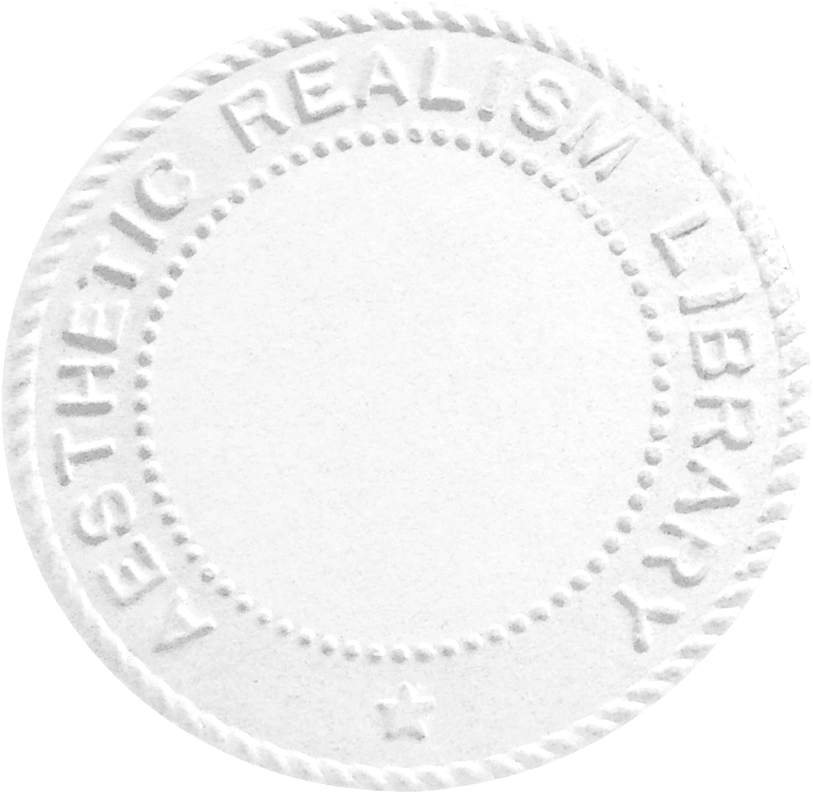From The Critical Muse: Imperative Aesthetic Realism Illustrations
© 1974 by Aesthetic Realism Foundation
Written in Northampton County Asylum
I am! yet what I am who cares, or knows?
My friends forsake me like a memory lost,
I am the self-consumer of my woes;
They rise and vanish, an oblivious host,
Shadows of life, whose very soul is lost.
And yet I am—I Live—though I am toss’d
Into the nothingness of scorn and noise,
Into the living sea of waking dream,
Where there is neither sense of life, nor joys,
But the huge shipwreck of my own esteem
And all that’s dear. Even those I loved the best
Are strange—nay, they are stranger than the rest.
I long for scenes where man has never trod—
For scenes where woman never smiled or wept—
There to abide with my Creator, God,
And sleep as I in childhood sweetly slept,
Full of high thoughts, unborn. So let me lie,—
The grass below; above, the vaulted sky.
—John Clare
The Oxford Book of English Verse, ed. Arthur Quiller-Couch, rev. ed.
(London: Oxford University Press, 1939), p. 735.



Comment by Eli Siegel on “Written in Northampton County Asylum”
John Clare, even as he peered at flowers, insects, grassblades, and at the doings of clouds and woodpeckers, cultivated bitterness on earth. Misfortune and anger and puzzlement can join with that which, as such, sees the world with distaste, to put a person into a world other than this, a world more to one’s liking. If John Clare was rightly remanded to Northampton County Asylum, then such a world was got to by this English poet of Nature as precise, delicate, intricate, and immediately stirring. Clare is musically aware of being by himself. But he externalizes desperate, sighing loneliness. In doing this, he has changed loneliness into a march in English six-line stanzas. When one asserts Loneliness as clearly, as forcefully, and as neatly as Clare does, loneliness is no longer dim, unheard shuffling. Loneliness has become a call at a railroad station. This junction of loneliness and the thump, auditory clearness, makes Clare’s lament poetry, which means that the lament is an achievement.